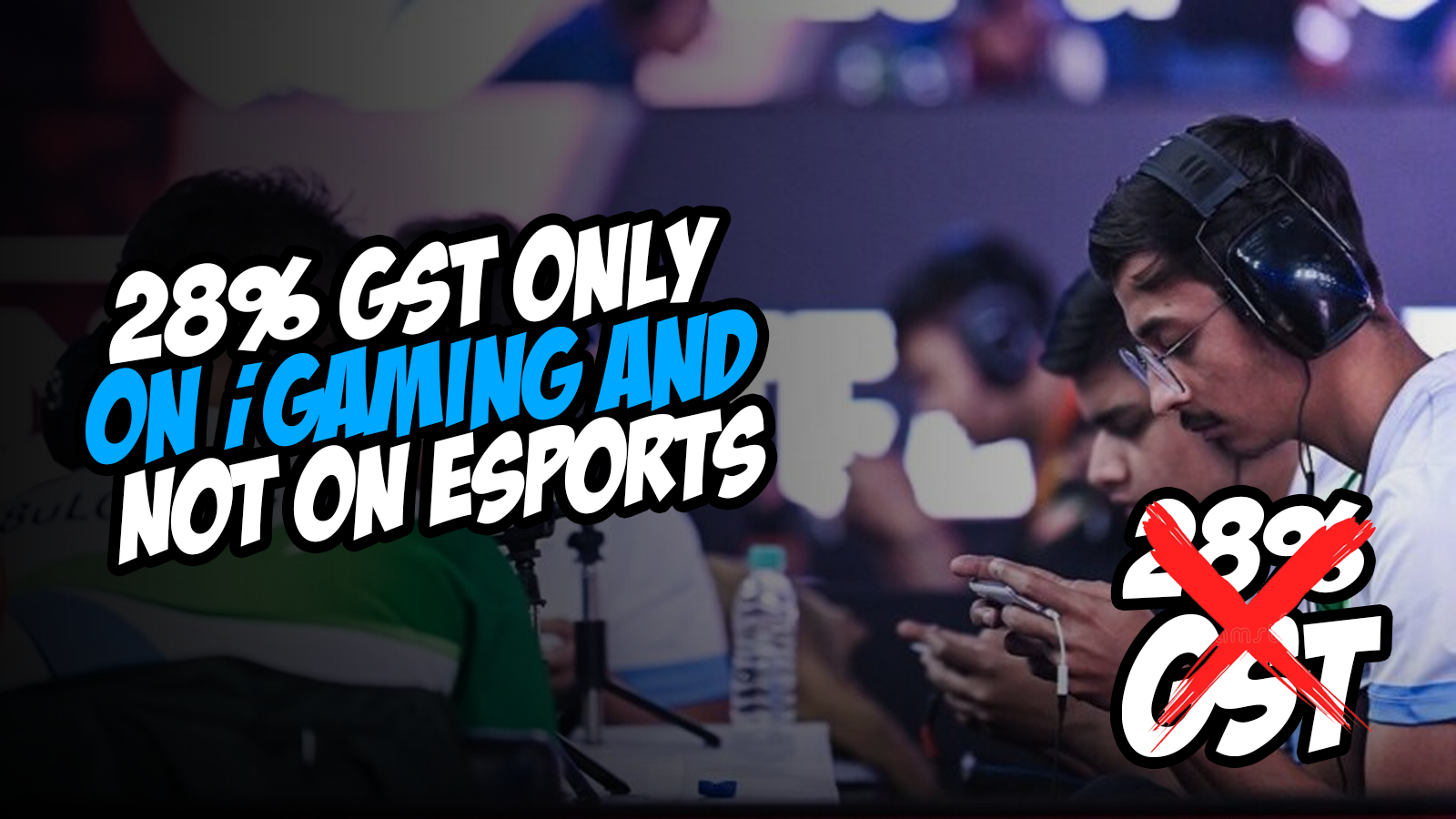Esports and iGaming: Understanding the GST Impact on Indian Gaming Industry
Esports, a rapidly growing industry, has gained significant recognition in India, being officially recognized as a sport by the government. However, recent debates surrounding the Goods and Services Tax (GST) application have sparked confusion among stakeholders. This article aims to clarify the distinction between Esports and iGaming, shedding light on the GST implications for each sector and emphasizing the need for precise categorization to avoid misconceptions.
Esports: A Recognized Sport by the Indian Government
The journey of Esports from a niche interest to an official sport in India has been remarkable. The government’s recognition has elevated Esports’ status, opening up new opportunities for Indian gamers and industry stakeholders. This official acknowledgment has positioned Esports alongside traditional sports, offering recognition and support from sports authorities and the government alike. As a testament to its growth, India will be participating in four titles, including League of Legends, FIFA Online 4, Street Fighter V: Champion Edition, and DOTA 2, at the 19th Asian Games. Moreover, Esports has been officially designated as one of the medal sports in the 20th Asian Games Aichi-Nagoya 2026, further solidifying its status as a legitimate competitive discipline.
Unravelling iGaming and Its Tax Implications
iGaming, on the other hand, differs significantly from Esports. It encompasses various activities such as fantasy sports, teen patti, rummy, poker, betting, and gambling, which involve monetary transactions and chances of winning real money. In contrast to Esports, the GST Council has levied a 28% GST on iGaming, including real-money gaming (RMG), to align with international categorization, where these activities are commonly associated with gambling or betting. The distinction between Esports and iGaming is essential to accurately apply GST and avoid any misinterpretations.
The Importance of Precise Terminology: ‘iGaming’ vs. ‘Online Real-Money Game’
Clear and specific terminology is crucial in formulating effective tax policies. While the government’s amendment to the Information Technology (Intermediary Guidelines and Digital Media Ethics Code) Rules, 2021 aimed to regulate the online gaming ecosystem, the use of the umbrella term ‘online gaming’ has led to confusion. To avoid such misunderstandings, using more specific terms like ‘iGaming’ or ‘online real-money game,’ as defined in the rules, can ensure accurate application of GST and minimize discrepancies.
Disentangling Esports from iGaming: ‘Game of Skill’ vs. ‘Game of Chance’
A key aspect of distinguishing Esports from iGaming lies in the nature of the activities involved. Esports predominantly relies on skill, strategy, and competitive gameplay, making it closer to traditional sports. In contrast, iGaming activities involve a mix of skill and chance, often associated with gambling and betting. The concept of ‘game of skill’ and ‘game of chance,’ which is unique to India, does not apply to the Esports ecosystem. As a result, the application of GST at different rates for each sector aligns with the underlying nature of the activities involved.
Conclusion
The recognition of Esports as a sport by the Indian government marks a significant milestone for the gaming industry in the country. The clarification provided by the Esports Federation of India regarding the GST implications on iGaming and Esports underscores the importance of accurate categorization. Clear terminology and understanding the fundamental differences between the two sectors will ensure appropriate taxation measures and avoid unnecessary confusion. With the continued growth and recognition of Esports, it is essential to support and nurture the industry while differentiating it from iGaming activities to facilitate its further expansion and success on the national and international stage.
